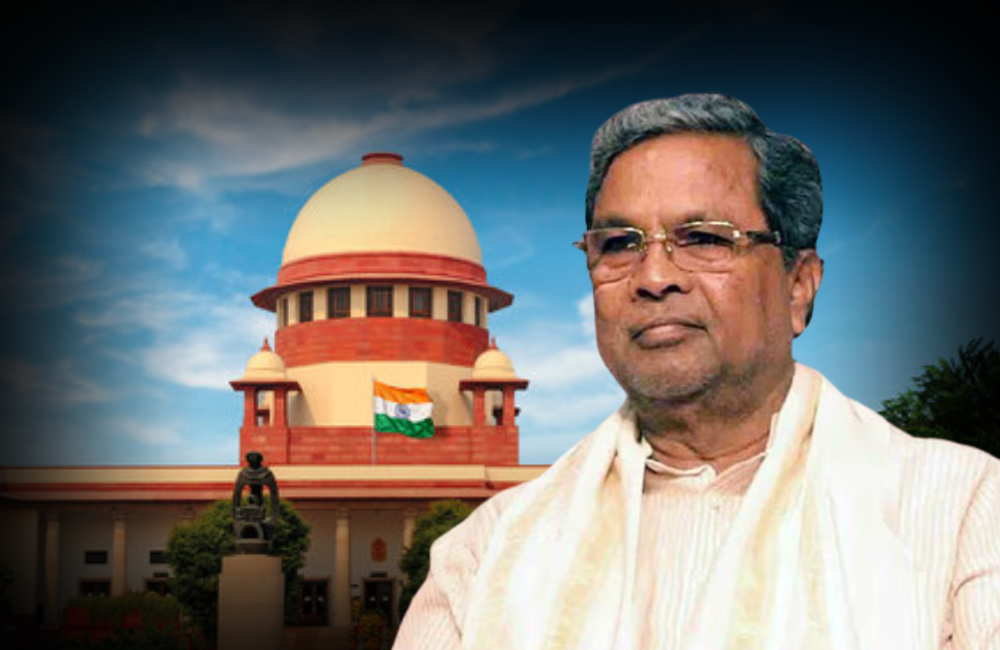An estimated, around 60% of the people living in the state speak Kannada. Immigrants make up almost half the population of Bengaluru city. The city has a 51:49 ratio of locals versus those who come from outside to settle and work.
The Karnataka government's push for making Kannada the primary language spoken across the state has reignited a debate over linguistic rights and cultural preservation. While the arguments on both sides hold merit, finding a middle ground that respects individual freedoms while upholding the state's linguistic identity remains a delicate challenge.
Preserving Karnataka's Cultural Roots
The proponents of mandatory Kannada learning argue that it is essential for preserving the state's unique cultural heritage and identity. Kannada is not just a language, but a vital thread that binds the people of Karnataka together. As Karnataka Chief Minister Siddaramaiah stated, "Kannadigas are generous. That is why there is an environment in Karnataka where even those who speak other languages can live without learning Kannada." Promoting Kannada proficiency, they contend, would foster greater linguistic unity and a stronger sense of belonging among all residents of the state.
Accessibility and Integration
Another key argument in favor of Kannada learning is the need to improve access to government services and administration, especially in regions with a significant non-Kannada speaking population. By making Kannada more widespread, the government can ensure that all citizens, including migrants and short-term residents, can seamlessly navigate the bureaucratic landscape and engage with the local community.
Concerns over Linguistic Rights
However, the opponents of this mandate argue that it could violate the fundamental rights of linguistic minorities. The Supreme Court has ruled that the state government cannot compel linguistic minorities to learn the regional language, as it would infringe on their constitutional freedoms. This is particularly concerning for students from migrant families who frequently change cities and schools, as well as central government employees and professionals who are transferred to Karnataka for short durations.
Inclusivity and Flexibility
Critics also highlight the need for a more inclusive approach that accommodates the diverse needs of the state's residents. Forcing Kannada learning on students with learning disabilities or undermining the role of English, which is a global language crucial for academic and professional success, could be counterproductive. A flexible approach that encourages Kannada learning while respecting individual requirements may be a more prudent solution.
Striking a Balance
The debate over mandatory Kannada learning in Karnataka underscores the delicate balance between preserving cultural identity and upholding individual rights. While the state government's efforts to promote the language are commendable, a one-size-fits-all approach may not be the most effective solution. A nuanced policy that combines incentives, language-learning support, and respect for linguistic diversity could be the key to fostering a truly inclusive and harmonious Karnataka.








Comments